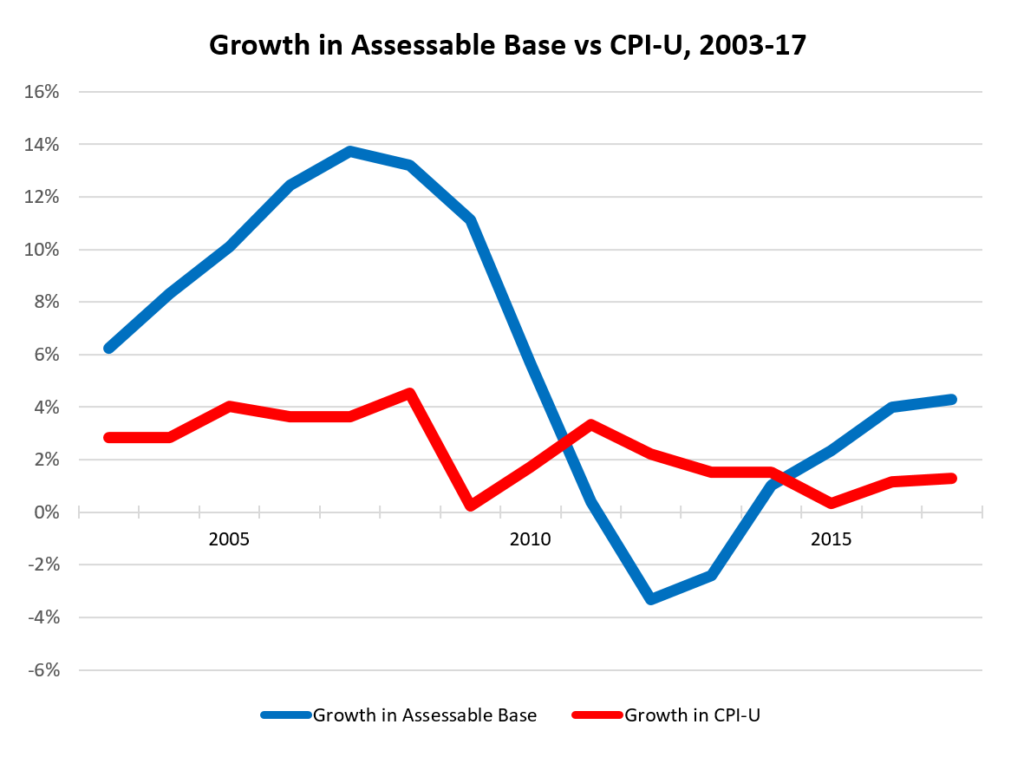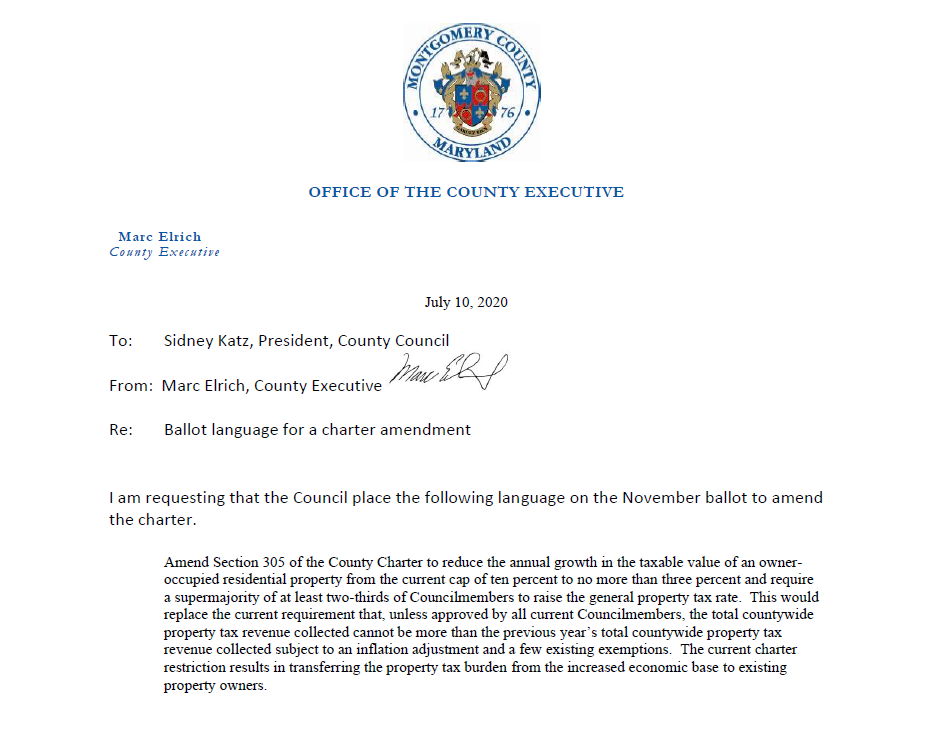By Adam Pagnucco.
A poll is in the field on MoCo’s ballot questions, much of it focused on Question B (Robin Ficker’s charter amendment on property taxes). The sponsor of the poll is unknown. A source supplied this description of the poll questions asked in a recent call.
Tell me if you’re favorable, somewhat favorable, not favorable.
Montgomery County PTA
Marc Elrich
Robin Ficker
Montgomery County Dem Party
Ike Leggett
MCEA
Larry Hogan
David Blair
MCDL – county government employee association
Do I approve or disapprove of the job performance of the Montgomery County Council?
Issues of taxes
Would you say that taxes are too high, are just right or too low?
Trying to explain A, B, C, D.
How certain are you that you’ll vote for or against these measures? Very certain or uncertain?
Are you the type of person who votes for all the ballots, for the state level ballot or the local ballots?
I know the ballot question language can be confusing. What makes it less likely to change your vote?
Question B would prohibit county council from raising taxes
Question B is opposed by the county council
Question B was placed on the ballot by a petition organized by Robin Ficker
If the question is passed the only way to raise property taxes above the limit is through a majority vote on…?
Which statement comes closer to my own view:
Supporters say that the county council should not be able to increase property taxes. The county should stick to a budget and not drastically increase property taxes. Housing and living costs are already high in an expensive area.
Question B ties the hands of our government officials. The opponents say there are already checks in place to restrict county taxes from being raised. This measure would damage the county’s triple AAA bond rating and cause more money to be spent on infrastructure projects.
Reason to vote on Question B – they listed these statements and asked does this make you more likely to vote for B or less likely. Is that convincing, somewhat convincing or all convincing.
There is a broad coalition of labor, business and non-profit organizations that oppose Question B including MCEA and building capital area of realtors and Progressive Maryland and Washington Post editorial board.
The Maryland Democratic Party opposes question B.
If the county council loses control over public taxes they will just levy different taxes and fees when they want. This will just shift the burden on tax payers in a different way.
Montgomery County schools are the best in the region but this question will remove flexibility from leaders to fund our schools and infrastructure.
Threaten the county’s triple AAA bond rating that allows us to fund infrastructure projects. If this passes taxpayers will have to pay more for roads, bridges and public buildings.
Question B will tie the hands of county government and restrict their ability to deal with the health pandemic, the housing crisis and severe weather incidents.
Question B was put on the ballot by a Republican anti-government activist trying to cut local government and reduce government services.
We should give officials the flexibility to make decisions and then hold them accountable during elections. Question B would take away the ability of officials to do their jobs.
How certain are you on voting against or for Question B?
Do you think of yourself as a Republican, Democrat, independent?
Are you a strong Democrat or not strong? (only 2 options).
Thinking in political terms are you a liberal, moderate, or conservative?
What is the last year of schooling you completed?
Is anyone in your household of Latino descent?
Do you consider yourself to be white, black, Hispanic, Asian, Latino or something else?





